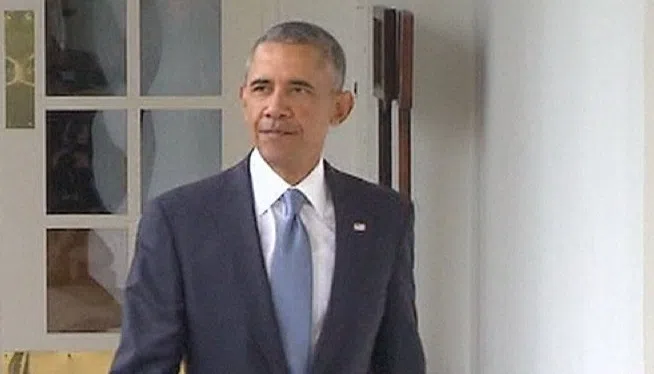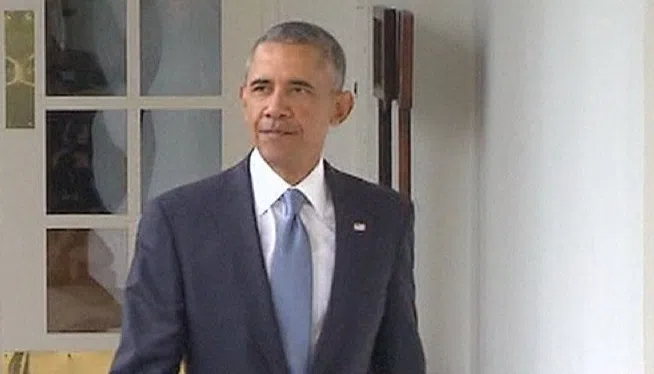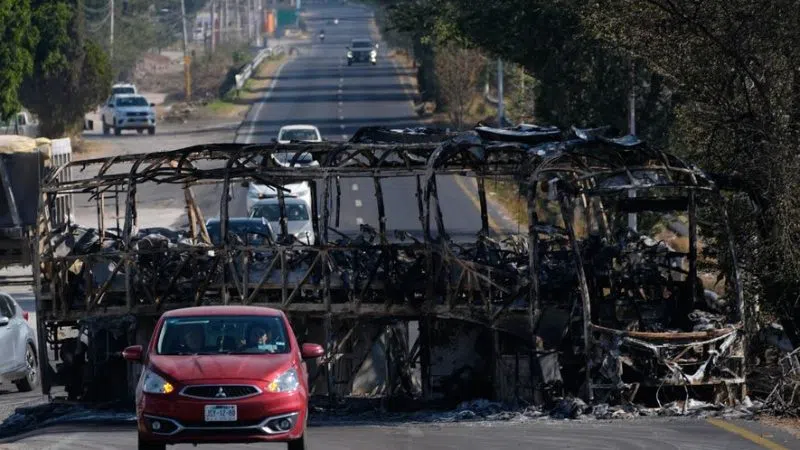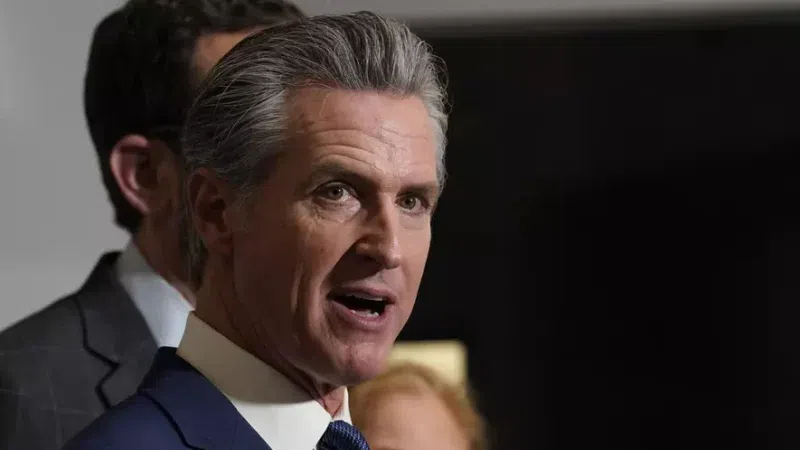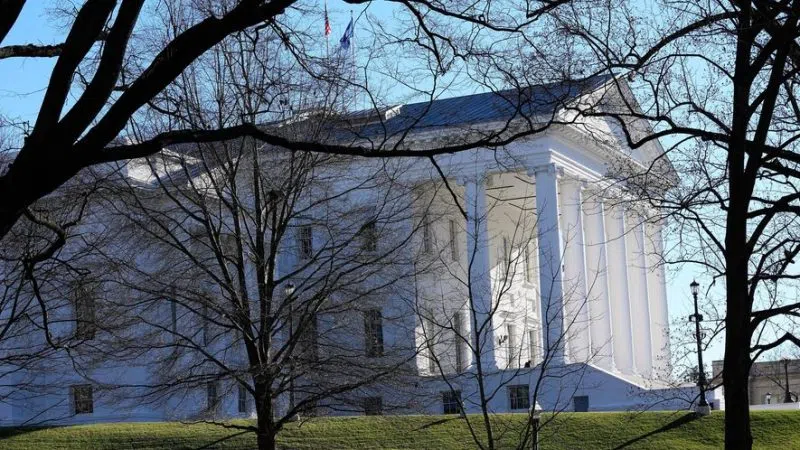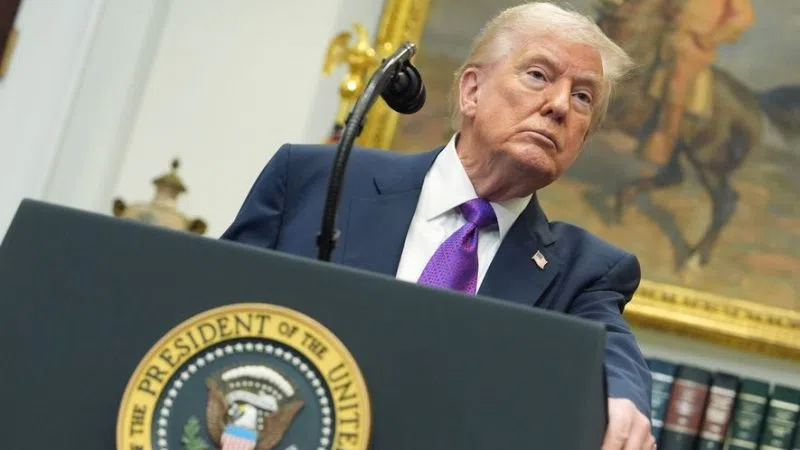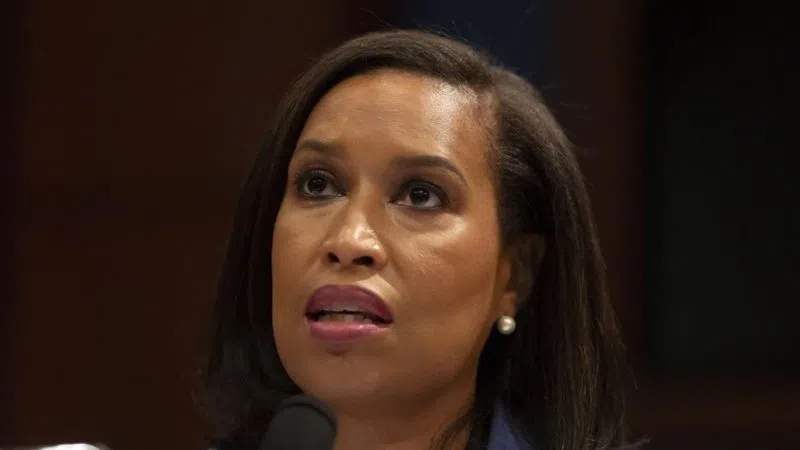WASHINGTON — (CNN) Now, President Barack Obama and partner John Kerry are hostage to history.
It will be years before they know for sure whether they scored a diplomatic victory for the ages or have been duped by Iran.
But a bumper diplomatic harvest in recent days, including an implemented nuclear deal, the swift release of 10 captured U.S. Navy sailors and the liberation of four Americans languishing in Iranian jails has answered one question conclusively.
The United States, under this administration at least, is back in the game of big, ambitious, painstaking diplomacy. It’s prepared to pursue negotiations and engage its enemies, often in secret, through multiple channels, for months — chasing significant payoffs that seem highly unlikely at the point of departure and risk backfiring domestically and making the geopolitical status quo worse if they fail.
“The alternative is far more dangerous for our country and for the region,” Secretary of State Kerry told CNN’s Wolf Blitzer on “The Situation Room” on Monday. “It is imperative as a matter of fundamental principles of diplomacy of multilateral relations, and frankly of wielding the great power of potentially going to war, that you exhaust all the diplomatic possibilities before you ask young men and women to put their lives on the line.”
The model of sometimes covert, intensive, lengthy negotiations was also used by the administration in its openings to Cuba that saw American Alan Gross freed in a prisoner swap, and to lesser extent Myanmar.
Its persistence and pragmatism is in evidence in the decision to keep open the often-frustrating dialogue with Russia even as Kerry is often accused of being deceived by his opposite number, Sergey Lavrov, as a bristling President Vladimir Putin thumbs his nose at Washington.
It’s also as likely to fail as succeed. Ambitious U.S. diplomatic plays such as Kerry’s pursuit of Middle East peace failed. And despite endless hours of talks, he’s come nowhere near ending the horrific civil war in Syria and President Bashar al-Assad’s bloody grip on power. Administration diplomacy on North Korea, meanwhile, has been lagging for years as Pyongyang’s nuclear arsenal expanded.
Kerry might be the toast of the diplomatic circuit abroad. But there’s not much of a political payoff back home for his boss. Any credit will accrue to his legacy.
Alternatively, their initiative will acquire a putrid odor if critics are right and it turns out the White House has been hoodwinked into lifting sanctions on Iran and it eventually produces a nuclear bomb anyway.
U.S. engagement with its long-time foe also has come at a price. Many of America’s regional partners are deeply suspicious of its diplomacy, as Kerry will find out shortly on a trip at the end of the week to Saudi Arabia, which is increasingly looking like an estranged U.S. ally.
With such anxiety in mind, the administration is at pains to show it gave no concessions on Iran’s transgressions. It imposed ballistic missile sanctions on Tehran right after the prisoners were released, and says it will not water down its condemnations of Iran’s other activities, including its support for proxies like Hezbollah.
Top Obama aides also argue that the contacts and trust built up on the nuclear deal that went into force with Iran this weekend mean that much more could now be within reach, citing the emergency diplomacy that led to the sailors’ release last week.
“Secretary Kerry can pick up the phone, call the foreign minister of Iran, and resolve that issue in a matter of hours,” said one senior official on condition of anonymity. “That just wasn’t available to us two years ago. It allows us to not just make positive progress, but also to avoid unnecessary escalations or confrontations.”
Washington is now waiting to see whether Iran will revert to its more traditional position of reflexive hostility toward the United States, or whether it could also show new flexibility in other areas — for instance, in a U.S.-led effort to engineer a political transition in Syria that could help the fight against ISIS.
Such thoughts and indeed any sustained engagement between Tehran and the nation it calls the “Great Satan” would have been fanciful for most of the years of frozen relations and outright hostility since the Islamic Revolution in 1979.
The administration bills Iran diplomacy as an example of tough, pragmatic policymaking that can show the fruits of seeking negotiated settlements.
If it is sustained, it could fit into a tradition of aggressive American diplomacy practiced by the likes of Richard Nixon and foreign policy guru Henry Kissinger in opening China and detente with the Soviet Union, Jimmy Carter’s Middle East peace drive and coalition building done by President George H.W. Bush and his secretary of state, James Baker, before the 1990-91 Iraq War.
Hilary Mann Leverett, a visiting scholar at Georgetown University who is a strong supporter of engaging Iran, told CNN on Monday that the Nixon analogy is apt because the then-president understood that China would not change overnight but was a great power on the rise that America needed to deal with.
“We have the same chance here today. We can either look at Iran as the rising power that it is,” she said, “or we can take the hold-your-nose approach where there is that evil, unrepentant regime that is going to get us right back onto the road to confrontation.”
The former approach has defined the White House’s view, and while the Iran diplomacy is a victory for the Obama administration as a whole, the flurry of breakthroughs represents a personal triumph for Kerry.
The loser of the 2004 presidential election to George W. Bush has found redemption in becoming the enactor of Obama’s philosophical doctrine of engaging U.S. enemies.
When he took the job, Kerry was seen as the second choice after Obama’s preferred pick, Susan Rice, now national security adviser, was ruled out by the Senate in a flap over the 2012 terror attacks in Benghazi, Libya.
As he pursued what some administration officials viewed as a hopeless quest for Middle East peace, the White House was happy to keep Kerry at arm’s length.
But with the new developments with Iran, he has become vital to Obama’s legacy.
His record, in contrast to Hillary Clinton’s as secretary of state in Obama’s first term, has stemmed in part from the fact that he did not have a political future before him, so he may have been more willing to take on causes that risked damaging his professional luster if they failed.
“He is always out there swinging,” said one former top State Department diplomat. “He doesn’t always hit the ball, but he doesn’t care. He doesn’t want to be caught not trying.”
But the reliance of the Iran-U.S. diplomatic track on the personal relationship between Kerry and Iranian Foreign Minister Mohammad Javad Zarif raises questions about whether it can last after this administration turns out the lights.
And more broadly, while the White House can celebrate now, there’s a real chance that if Obama is not succeeded by Hillary Clinton or another Democrat, all the effort could be for naught. Most GOP candidates say they would rip up the Iran nuclear deal if they win the White House.
The opaque nature of Iran’s politics means that it will never be possible to state with certainty that the nuclear deal implementation is safe — despite the multibillion-dollar payoff that Iran’s crippled economy will enjoy from the lifting of sanctions.
While Republicans welcomed the release Saturday of U.S. prisoners, including Washington Post reporter Jason Rezaian, most either said it had taken too long or that Obama had paid too heavy a price to get them back.
“Obama is in the ‘let’s make a deal’ business,” Republican candidate Ted Cruz told Fox News, accusing the President of being too accommodating to Iran.
Cruz’s GOP rival Marco Rubio added on CBS’ “Face the Nation”: “It proves once again that now nations and enemies of America around the world know there’s a price for Americans. If you take an American hostage, Barack Obama will cut a deal with you.”
Of course, politicians on the campaign trail only have to please a political audience.
“We had a judgment to make, which is, do you want to leave these Americans in prison at great risk to themselves and great hardship to their families?” the senior administration official said. “If people want to say that they were for leaving these Americans in prison, they should say so. But the fact of the matter is, this was our opportunity to bring them home.”
It was those kind of specific decisions, as well as a desire to avoid a path to war in a wider sense, that U.S. officials said underpinned the administration’s diplomacy with Iran.
And barring some stunning but unlikely change in Iran’s political structure or its posture toward America, they are the same questions that the next President will surely face: whether to purse confrontation or engagement with Iran.
“Because there are not formal ties between our countries, it will be up to the next administration to determine how they want to carry that (relationship) forward,” said the senior U.S. official.
The-CNN-Wire ™ & © 2016 Cable News Network, Inc., a Time Warner Company. All rights reserved. (Photo: CNN)
